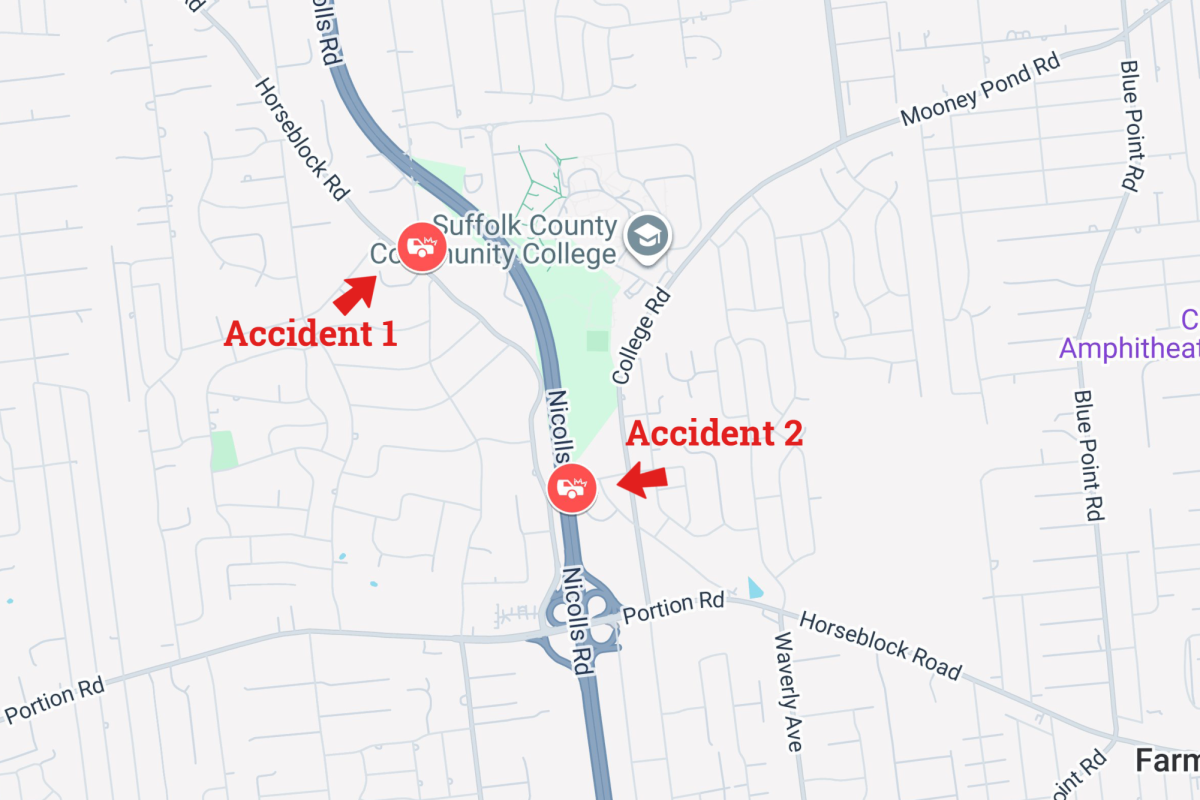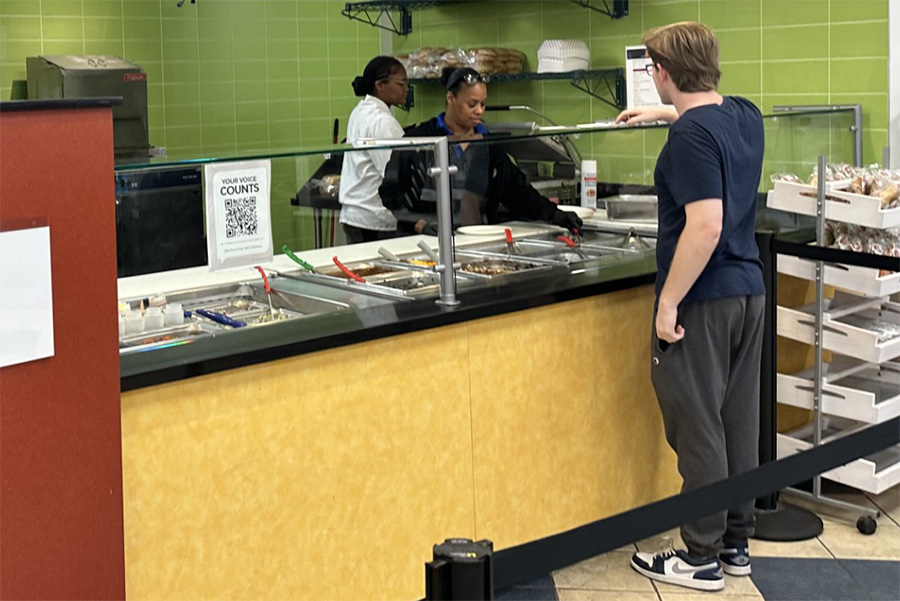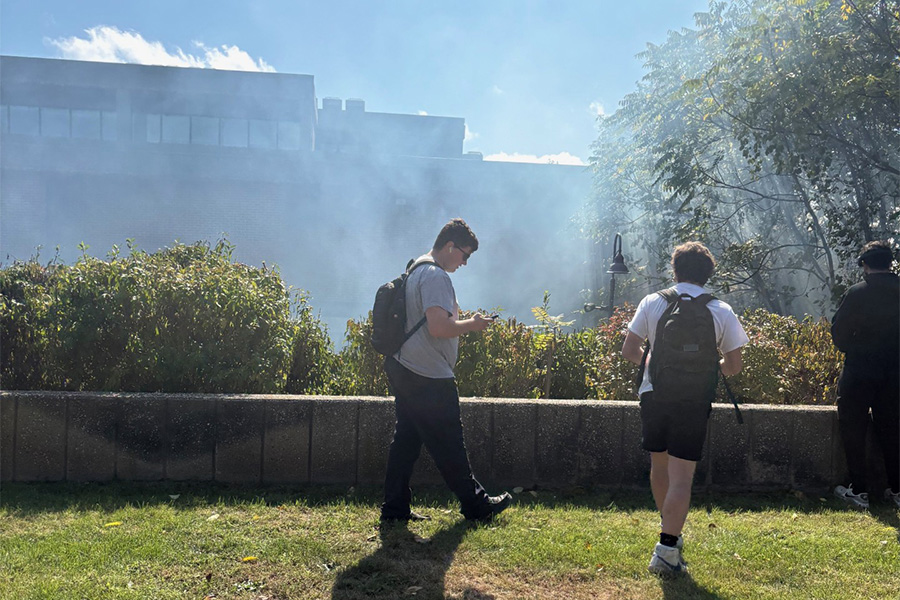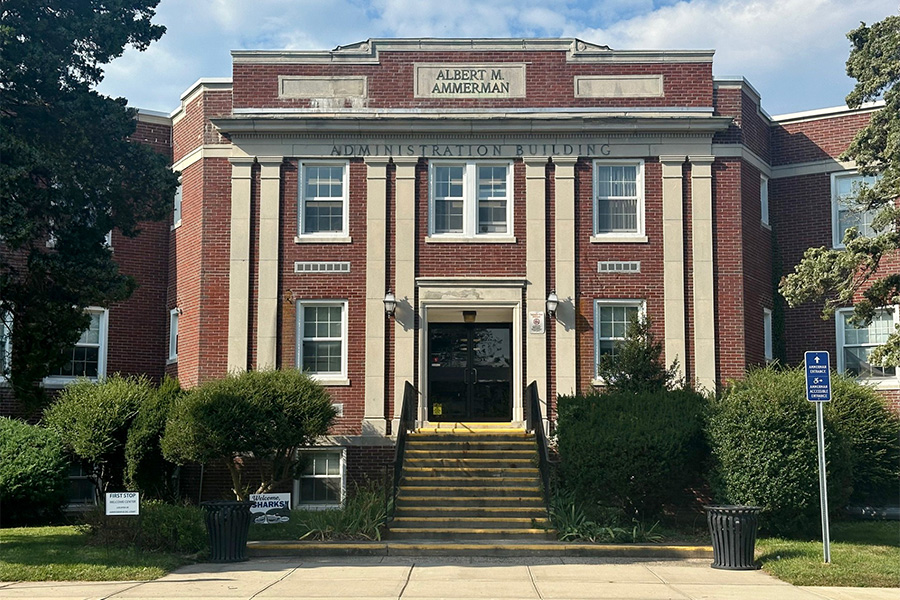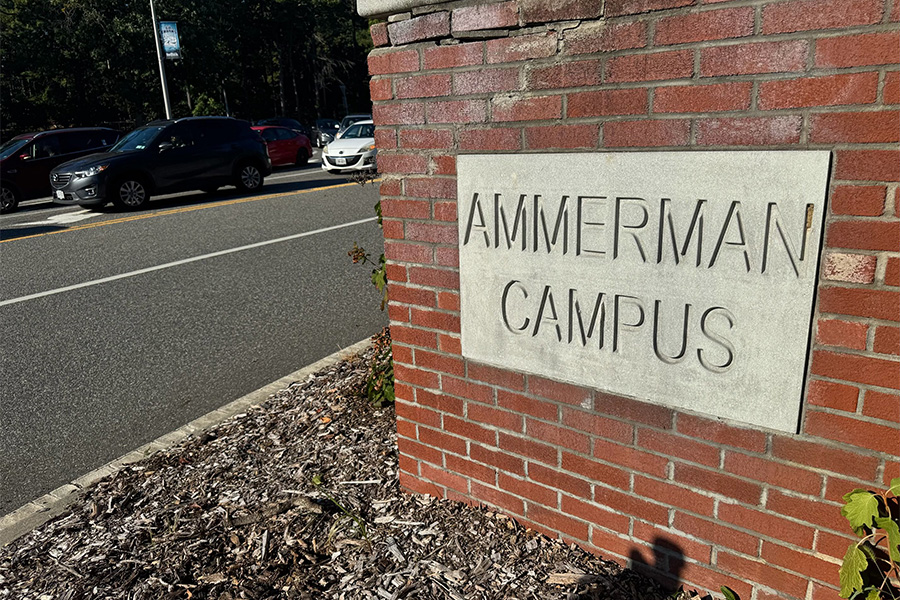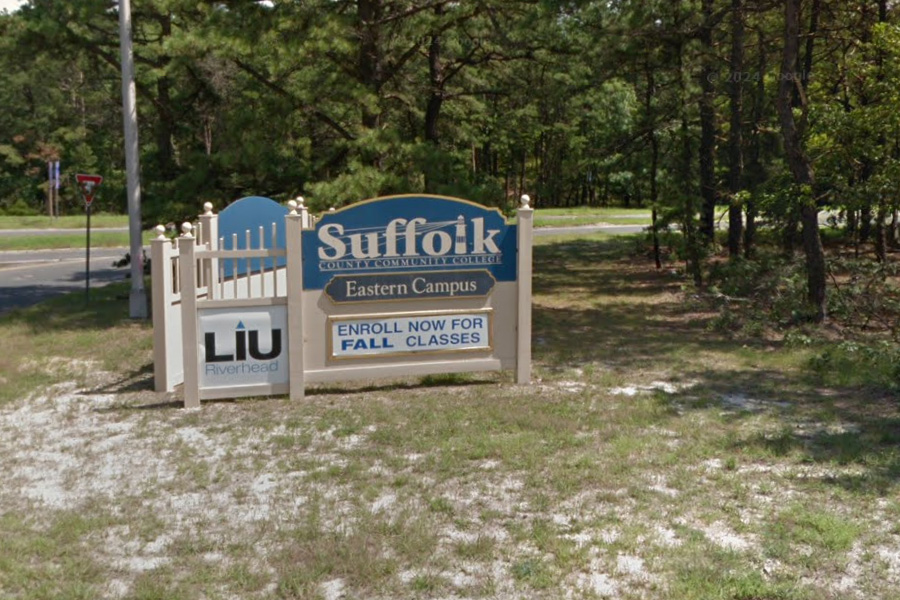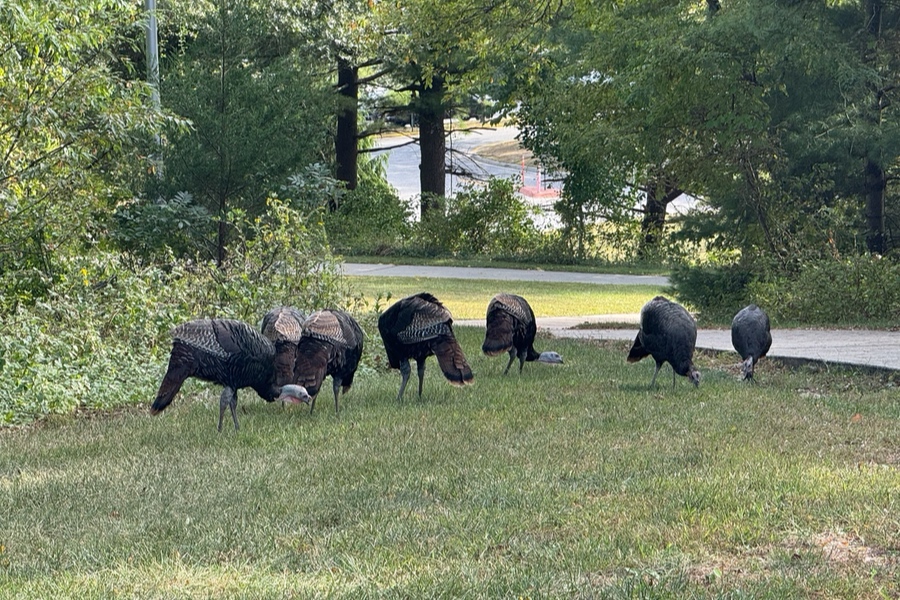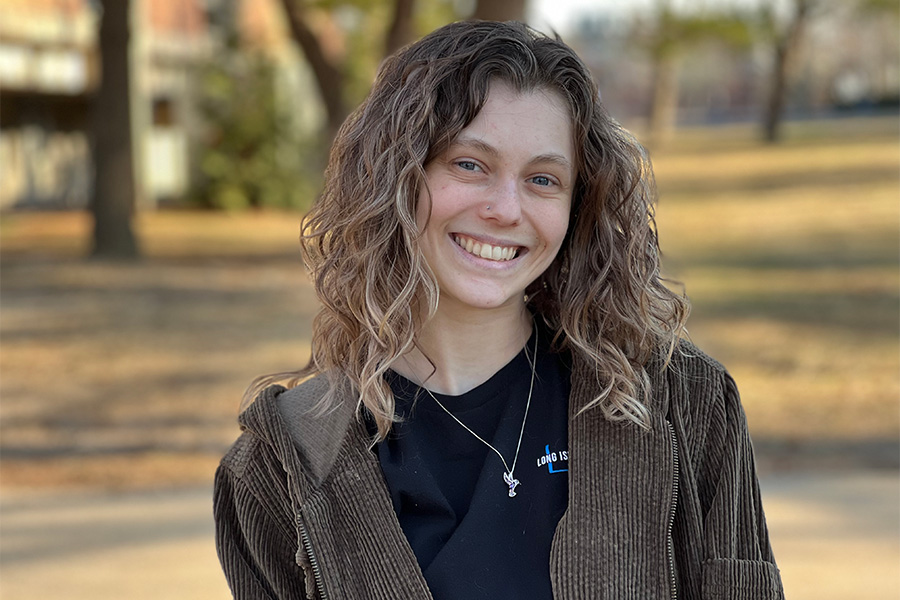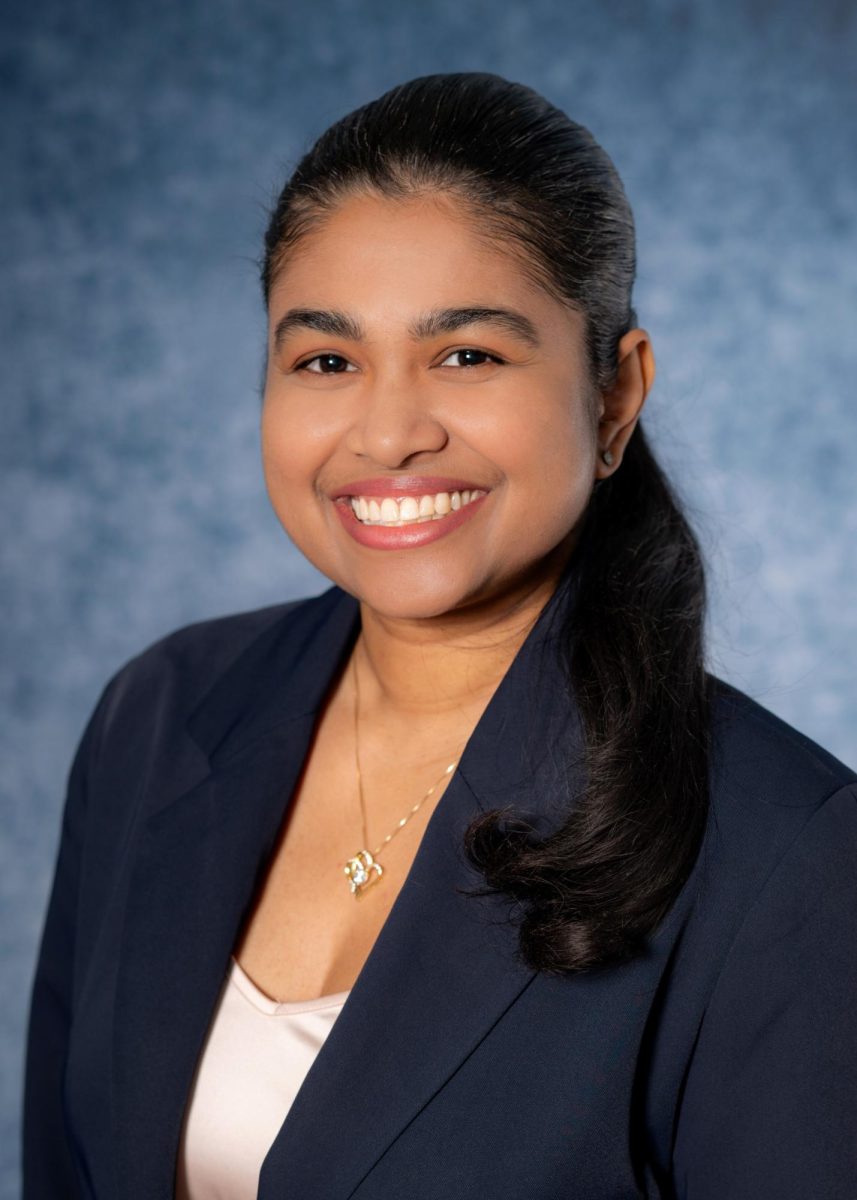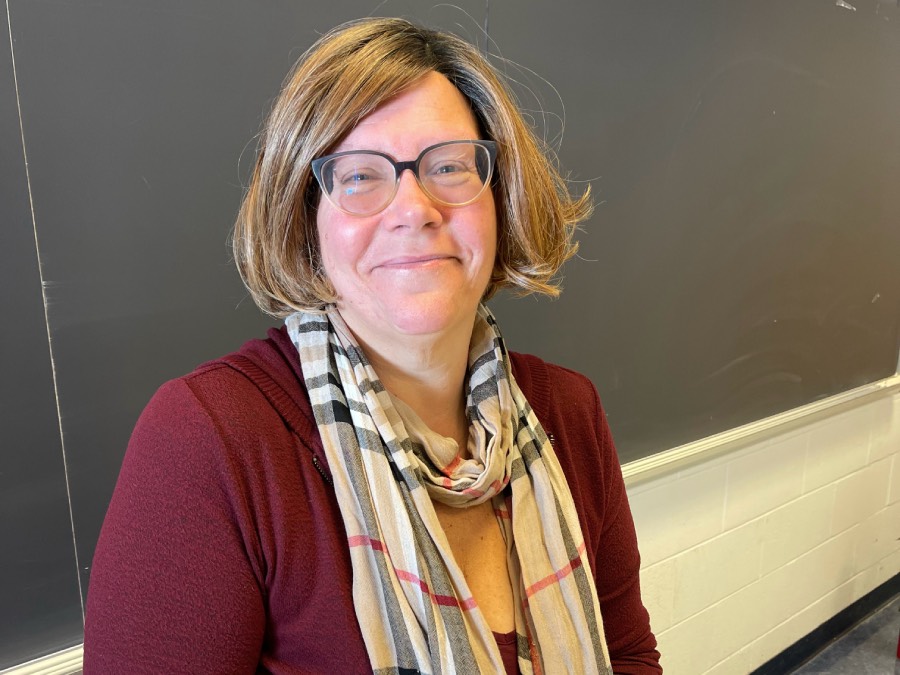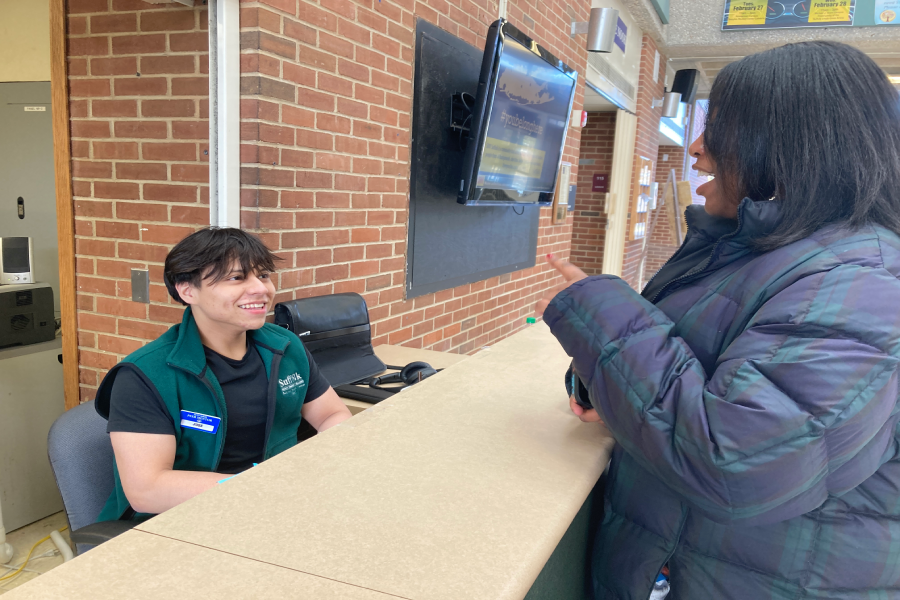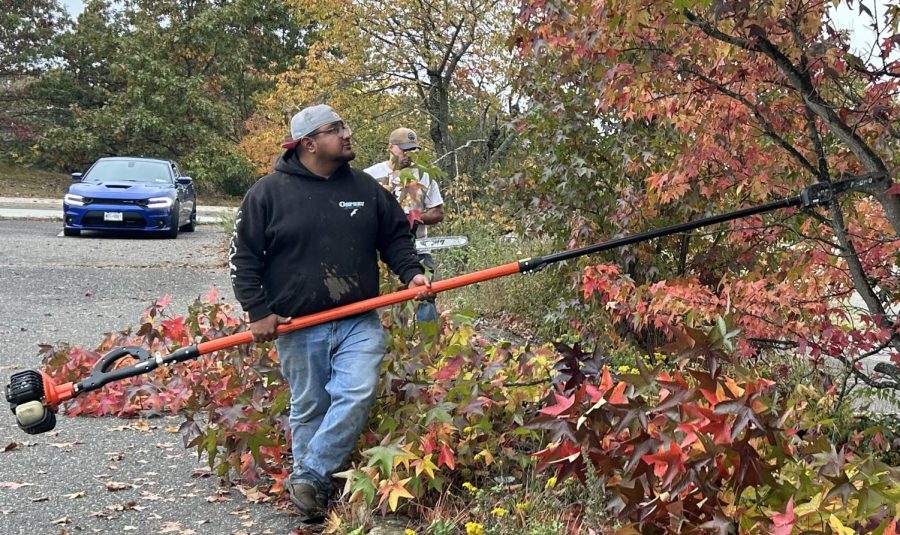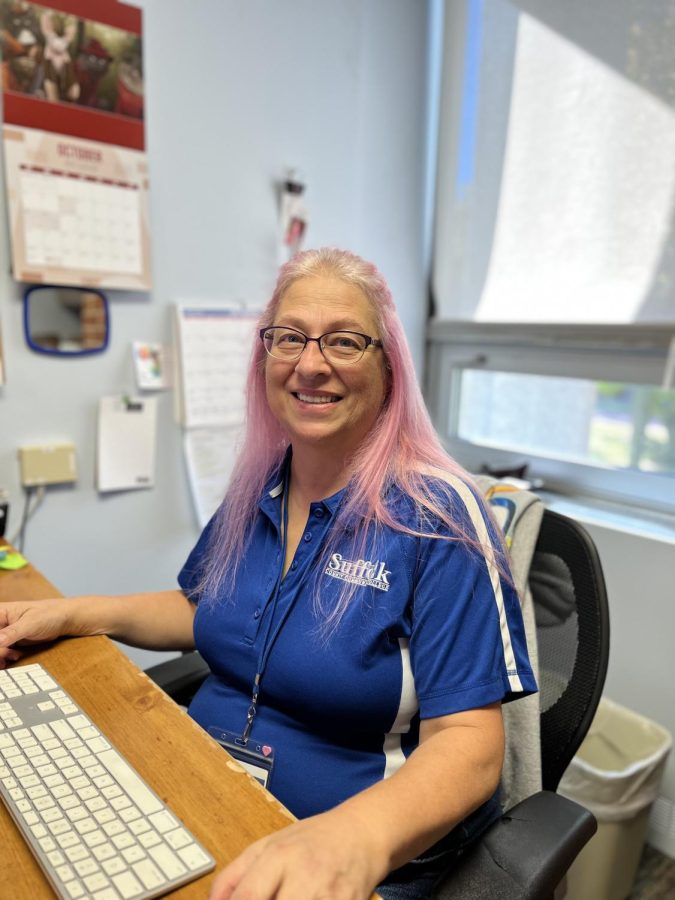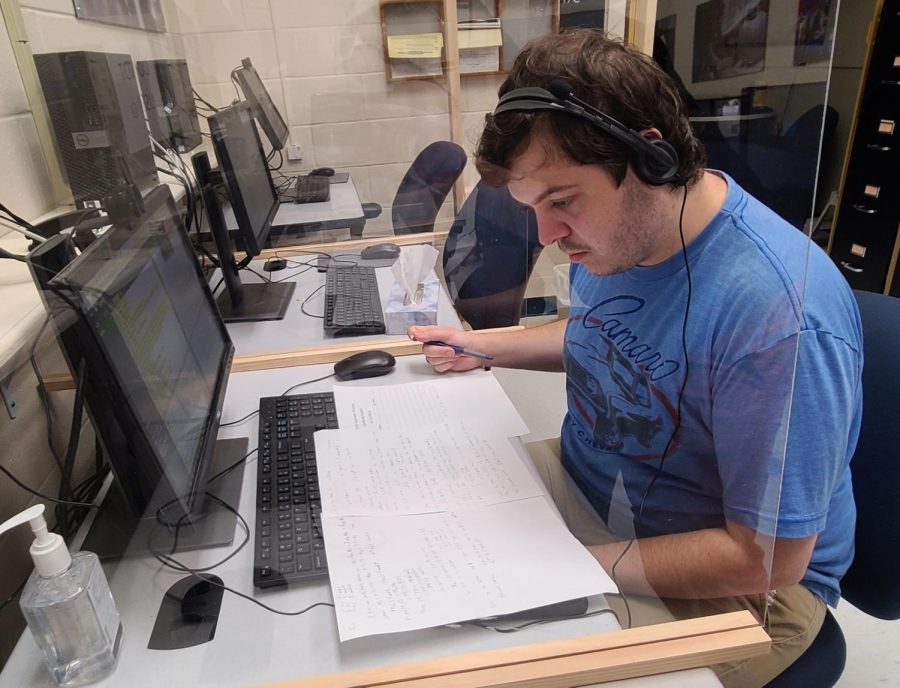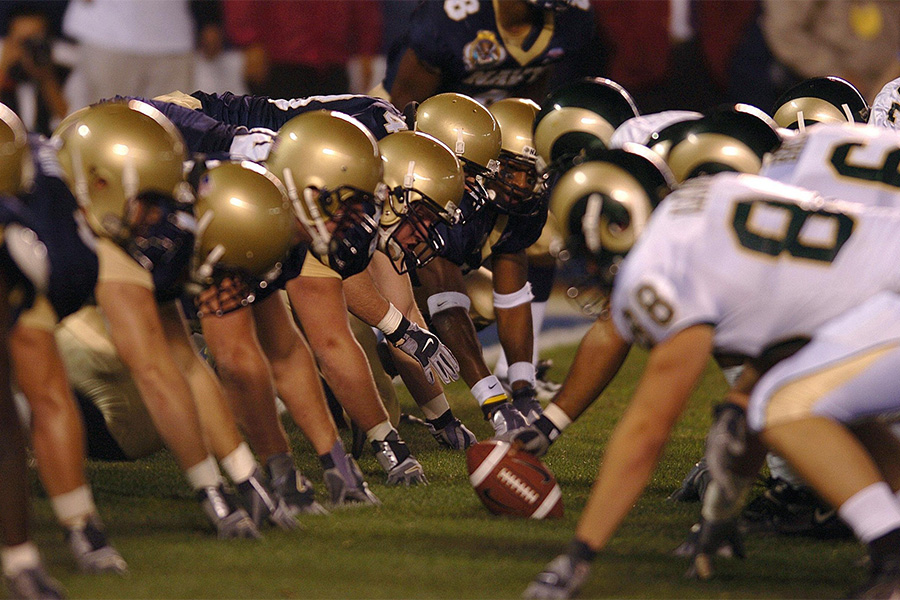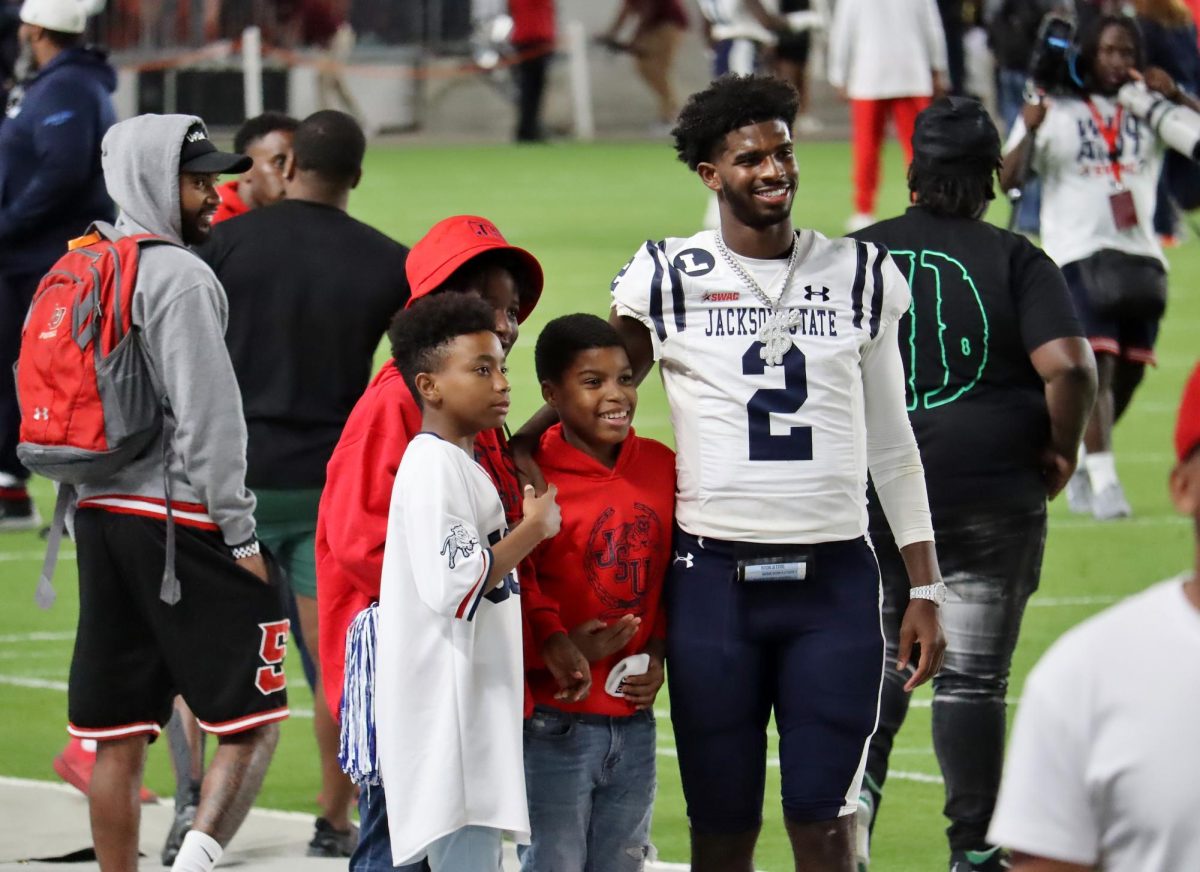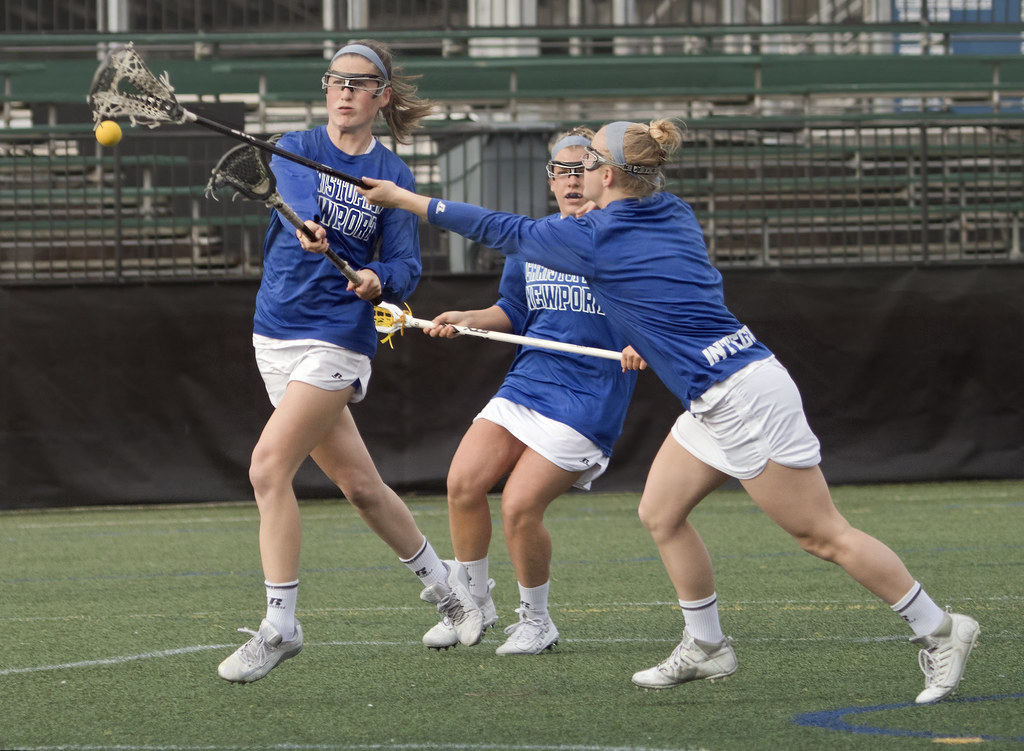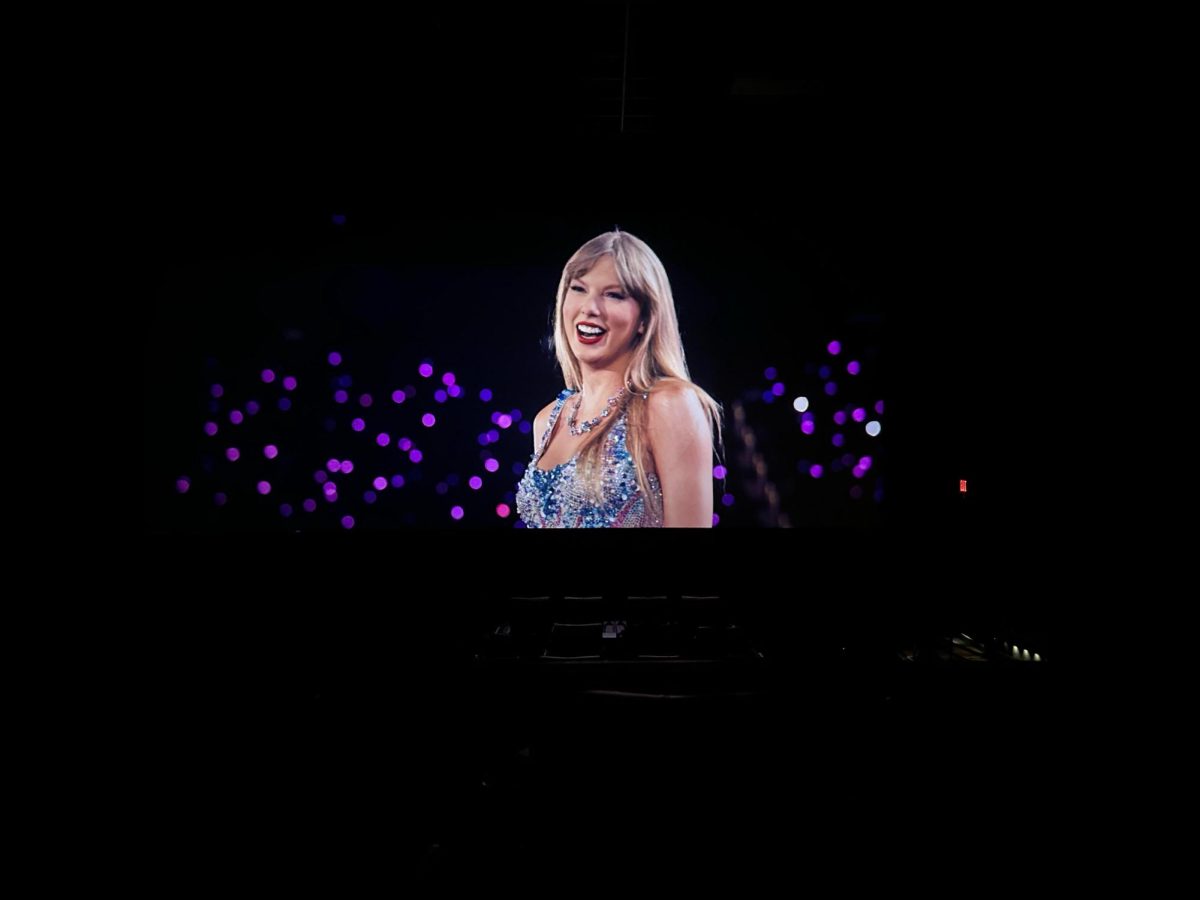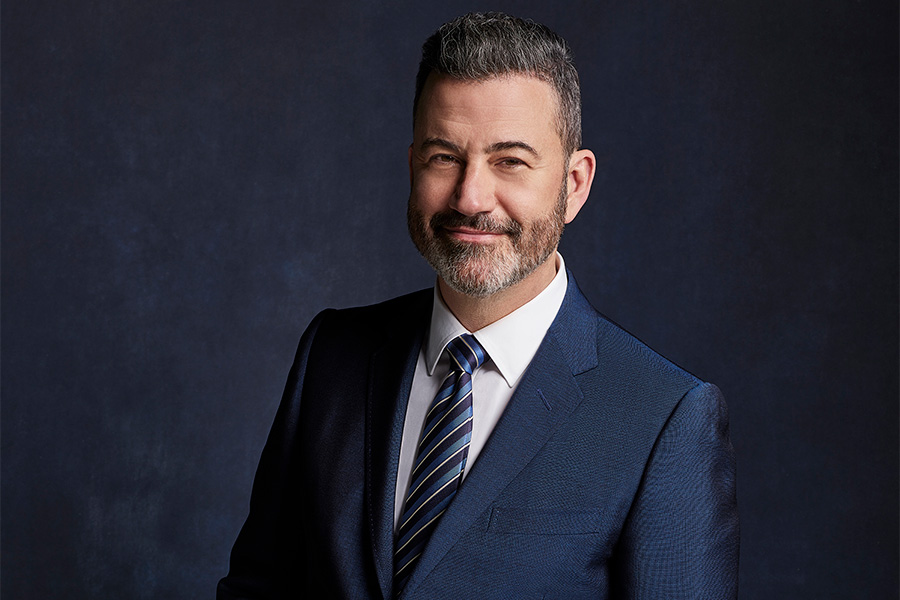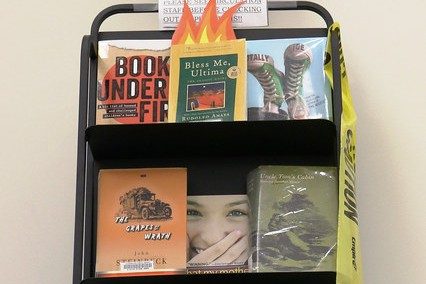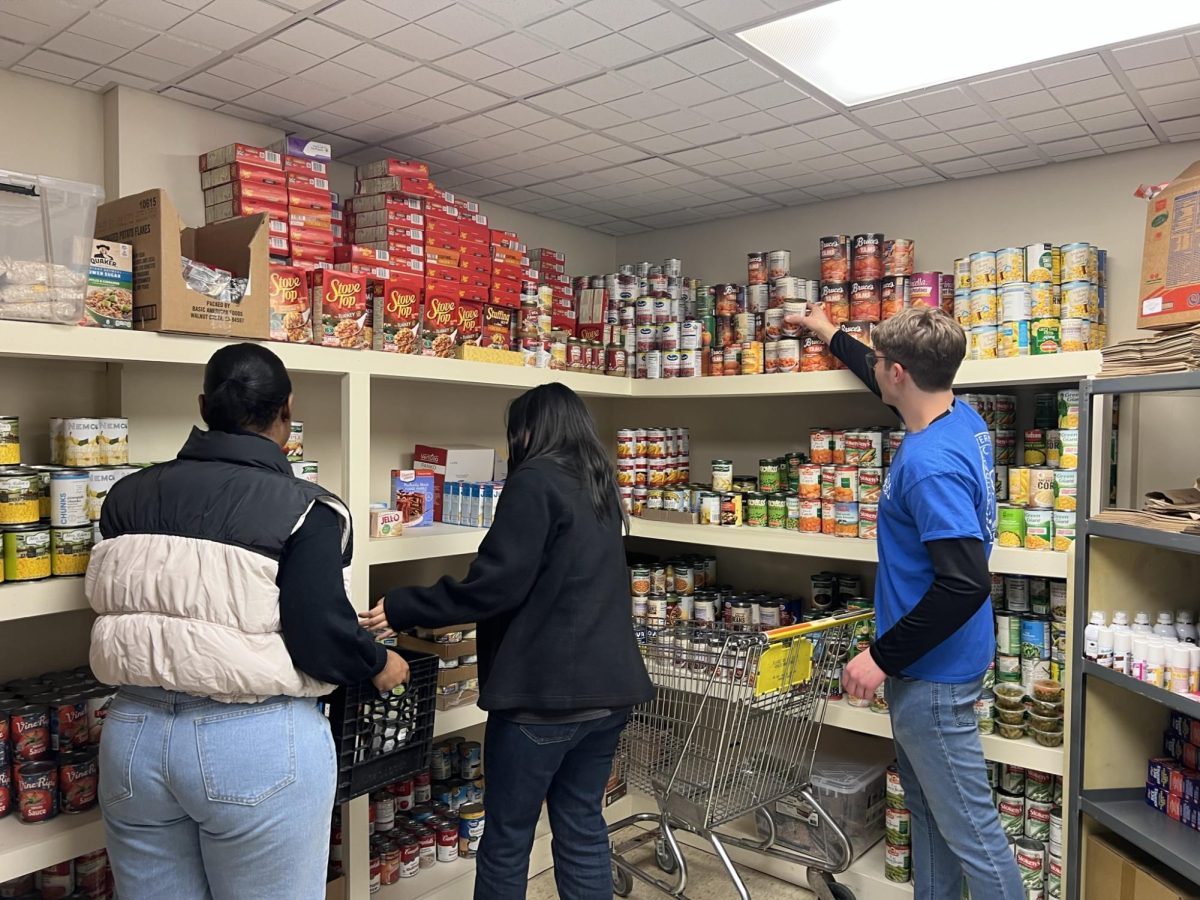In 1976, on the Grant Campus, Sister Mary Ann Borrelo of the Dominican Sisters of Sparkill launched what would become the longest functioning food pantry in the state of New York. The pantry continues to combat the issue of food insecurity throughout the community. An issue that many college students, from all over the country, must face on a day to day basis
A food pantry is a facility or organization that provides food items directly to those who are financially burdened. The pantry Sister Mary Ann started all those years ago remains open thanks to both time and supplies donated by volunteers from all over.
One student at our campus (who will be referred to as “H” for privacy reasons) testified to all the good work the food pantry has done for himself, his family, and other students in similar financial constraints. H is currently a nursing major, working in a hospital setting and running a side business in photography. “I probably will be here for like an additional year and a half trying to get everything else together with my credits in the classes,” he says, further putting into perspective how the pantry will continue to serve him while he works towards his degree.
H has been living independently since the tender age of 16 or 17, commuting more than 70 miles from Nassau to Suffolk daily to attend classes on our campus. It was fairly early into his academic journey that he discovered the food pantry. “In my first semester, I was in my English 101 class, and the professor brought up an article about colleges having resources for students, and part of that article was a food pantry. So,me and a friend of mine went up and asked her a few questions, and the professor told us there was a food pantry on this campus or said this campus was, like, one of the few that had a pantry available and that is how I found out about the Ammerman Food pantry.”
Unfortunately, not every student shares H’s experience. A lot of them are surprised to find out our campus has a food pantry, one they could have been utilizing since they became a student. This lack of awareness is due in part to the pantry’s location in the basement of the Babylon Student Center, an area the majority of students do not regularly visit, However, it is important to acknowledge that the current location does have certain benefits, such as providing discretion for those who wish to keep their experience private.
Reflecting on his first time visiting the pantry, H spoke to why some may feel this way. “It could be seen as being a little embarrassing to grab your food from the college campus instead of being able to go out and get it yourself. Especially considering how a lot of younger kids still live with their parents; so, those who are a little bit older and have to go to the campus and then walk back and forth might feel like they’re either being stared at or judged or laughed at or made fun of, which could bother a few people,” he says. This calls for a strategic campaign, one that will balance the needs of those already using the pantry while simultaneously raising awareness and sparking a conversation surrounding the resource.
“It could be talked about a lot more, and no one really talks about it at all,” H said, “Outside of me going there, the only time I’ve actively heard anyone bring it up in passing has been that one English class and it was more of an article I had to read for class, rather than the hearing about it from other students.”
Recently, several social awareness campaigns have been set up by Phi Theta Kappa with the support of pantry volunteers to mitigate this exact problem.
According to H, the pantry offers a wide range of food, similar to what one might find in a grocery store. This includes meats like chicken and beef as well as many canned foods. A few other options are soups, corn, peas and other vegetables. H noted how ‘little things like hygiene products’ would often be stocked and would dwindle on his later visits, showing how these items probably helped quite a few people.
Even though the campus food pantry is able to provide tremendous relief to many students, it is essential to keep in mind that food insecurity is just one problem someone must deal with when struggling financially. In the case of H, he says he still has to choose between fuel for commuting and paying the bills. Initially, the choice was between paying the bills and eating. A decision that is arguably much more dire.
“It helps me save up a decent amount of money, at least for me personally, when I’m commuting back in and then having to support myself since I’ve been living on my own for a while. It saves me money when I’m trying to buy food. It lets me put that money towards either bills or paying for my next semester, or even towards gas and other things. It helps me quite a bit financially,” H answered when asked how the food pantry has impacted his college experience.
“Take advantage of it! You’re paying to come here. You might as well make use of the available resources instead of kind of hiding away from them,” H encourages.
The Ammerman food pantry is located in the basement of the Babylon Student Center, Room 28. They are open from Tuesdays to Thursdays from 10:00 a.m. to 03:00 p.m. Students are welcome to visit at any time by simply requesting the key from the front desk.
For further details, you can email [email protected] or call 631-451-4812.
